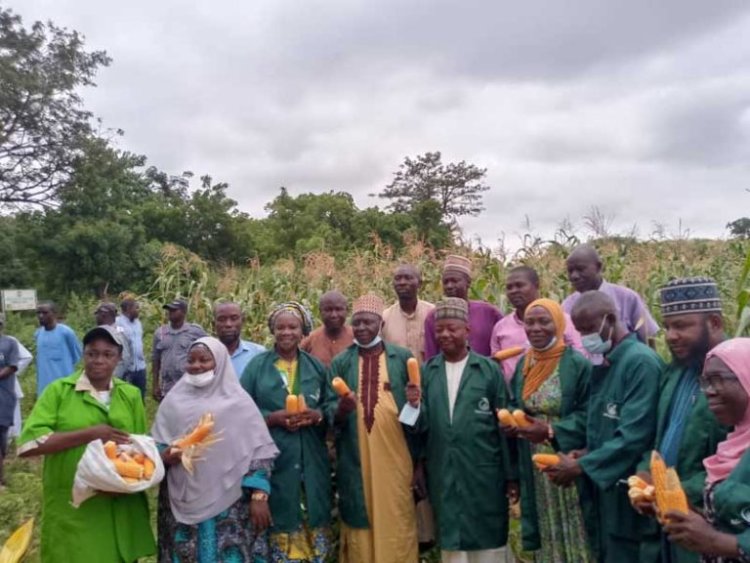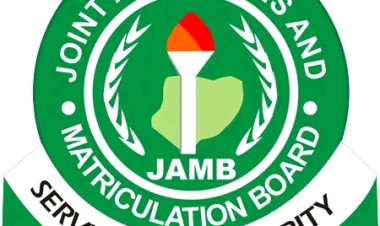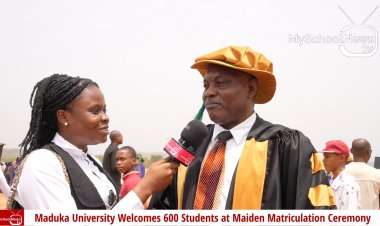Kwara Polytechnic Cultivates 20 Hectares of Maize and Cassava to Enhance Food Security
Kwara State Polytechnic has cultivated 20 hectares of maize and cassava as a pilot project to enhance food security and prevent land encroachment.

The management of Kwara State Polytechnic has successfully cultivated 20 hectares of maize and cassava. This initiative aims to prevent further encroachment on the institution's land by unauthorized individuals.
During the harvest on Friday, August 9, 2024, Dr. Abdul Jimoh, the Rector of the polytechnic, addressed journalists, highlighting the project’s alignment with the administration of Governor AbdulRahman AbdulRazaq's commitment to increasing food production in the state.
RECOMMEDNED: KWASU Sanctions Student for Inappropriate Skit, Disables Portal
“The management is concerned about the ongoing encroachment on the polytechnic’s land by some members of the public. To counter this, we decided to utilize some of our land for agricultural purposes,” Dr. Jimoh explained.
SEE ALSO: KWASU Issues Disclaimer Notice on Selling Land In Kwara State University
He noted that this farming project serves as a pilot initiative to reclaim and effectively use the institution’s land. Plans are also underway to cultivate an additional 20 hectares of soya beans and beans in the upcoming farming season.
Moreover, the management intends to collaborate with local farmers by offering them the opportunity to rent portions of the polytechnic’s land for farming. Each farmer would have access to two hectares, with the rental agreement renewed annually to encourage extensive food production within the state.
RELATED: KWASU VC Commenced Working Visits to Faculties to Meet Staffs
Dr. Jimoh emphasized that the initiative would require the approval of Governor AbdulRazaq before any further directives on land rental could be issued. He also urged land speculators to refrain from encroaching on the polytechnic's property, assuring that the institution's management is committed to reclaiming any land that has been unlawfully taken.
This initiative not only supports local food production but also reinforces the polytechnic's role in community development and land management.

 Mary Nwaeze
Mary Nwaeze 



